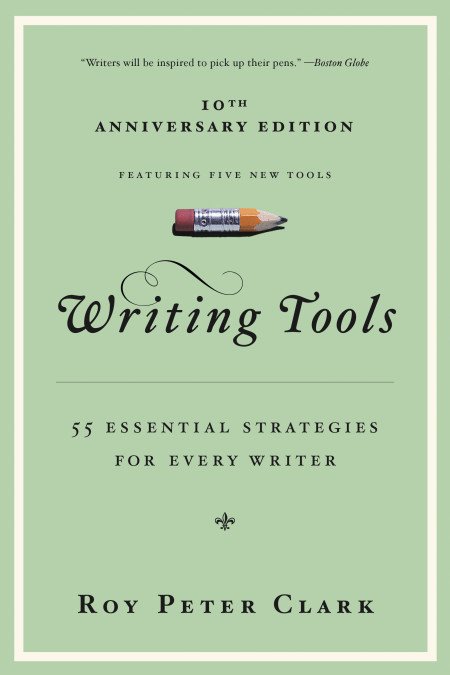I was nine years of age when I got into a football. My school desk was positioned just in front of the sports equipment cupboard – the perfect spot. Every afternoon I watched another part of its crusty skin crack as a rough hand flung it back into its cluttered home. That one football was kicked around, at least once, by every one of our primary school’s eighty-two strong pupils. Every evening that one football was abandoned again in the back of the dark cupboard. One day I grabbed it from a mucky pair of hands and climbed into the cupboard with it. I sat with the ball in my hands, and I felt its curves bursting with anger. That was the moment I got into the football, the exact same moment I became a writer. I gave the football a heart and I presented my teacher with its official birth certificate: a story called A Day in the Life of a Football.
There are stories everywhere if we allow ourselves to imagine. But, just like any art, writing is a form of creation and has a craft that requires work. There are techniques or ‘tools’, as Roy Peter Clark calls them, that can help a writer manifest their creative vision. I have read hundreds of books on the art and craft of writing, but no other author has captured more comprehensively and precisely the elements of the writing craft as Roy Peter Clark in his book Writing Tools: 55 Essential Strategies for Every Writer. This book illustrates the importance of simplicity and clarity in all writing forms. The chapters are short, and the examples are practical and memorable.
Have you ever wondered how your favourite author creates the perfect atmosphere in every scene or writes sentences that are clear and simple, yet beautifully layered with resonating symbology? Writing Tools demonstrates through memorable examples how various elements of writing can be used to create an immersive experience for the reader. The author organises the fifty-five writing tools into four parts: nuts and bolts, special effects, blueprints, and useful habits. This is an ideal book for writers of both fiction and non-fiction who wish to explore practical techniques for purposeful and impactful writing.
A Sample of Lessons
Nuts and Bolts:
- Make meaning early by beginning sentences with subjects and verbs.
- Emphasize important details by placing strong words at the start or at the end of a sentence.
- Establish a pattern, then give it a twist.
Special Effects
- Use simple words, short sentences, and small paragraphs when things get complex.
- A short sentence with a single element establishes power and credibility (examples: Jesus wept, call me Ishmael, I do, Here’s Johnny, I have a dream, Trust me.).
- Use three elements in a sentence for completeness, wholeness, and roundness.
Blueprints
- Repetition can create a rhythm, a pace, a structure, or an effect that underlines the central theme of a story.
- Write from different cinematic angles to create a rich visual tapestry of your story.
- Write towards an ending: plant seeds early to help readers find meaning at the finish line.
Useful Habits
- Read for both form and content; examine a text closely as both a reader and a writer.
- Break long projects into parts before assembling the pieces into a whole.
- Build a writing workbench for every writing project: conceive idea, collect things to support it, discover what the work is about, draft, and clarify.
About Roy Peter Clark
Roy Peter Clark is a senior scholar and vice president at the Poynter Institute for Media Studies (a well-known Journalism school and research organisation in Florida). Clark has published seven books on the writing craft, as well as authoring and editing several books on Journalism. Having taught writing for more than thirty years to students and organisations, he is often referred to as ‘America’s favourite Writing Coach’.
His first book, Writing Tools: 50 Essential Strategies for Every Writer, was published in 2006 (another five writing tools were added to a tenth-anniversary edition in 2016). His other books on the craft of writing include The Glamour of Grammar: A Guide to the Magic and Mystery of Practical English; Help! For Writers: 210 Solutions to the Problems Every Writer Faces; How to Write Short: Word Craft for Fast Times; Murder Your Darlings: And Other Gentle Writing Advice from Aristotle to Zinsser; The Art of X-Ray Reading: How the Secrets of 25 Great Works of Literature Will Improve Your Writing; and Tell It Like It Is: A Guide to Clear and Honest Writing.









